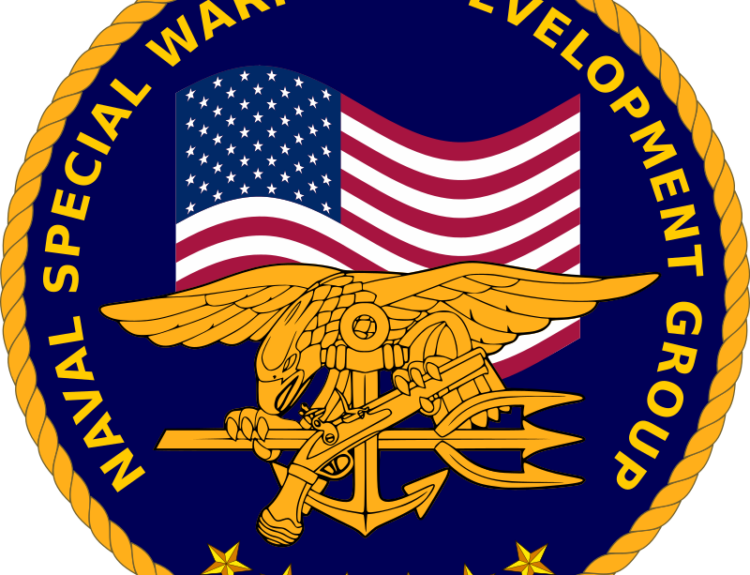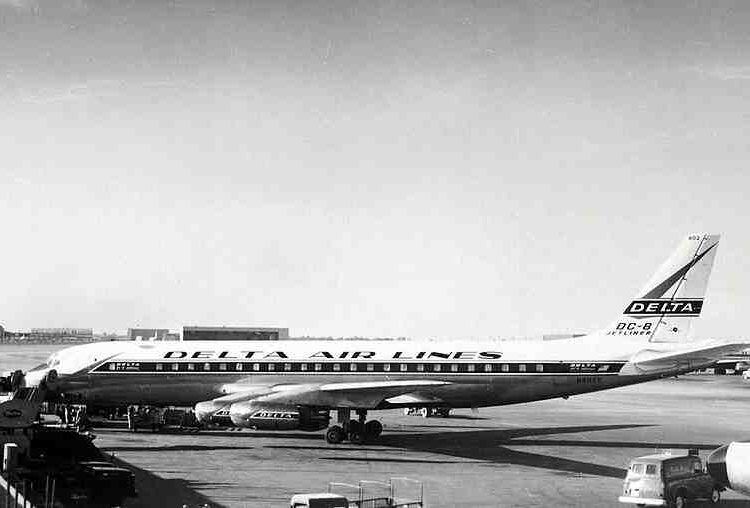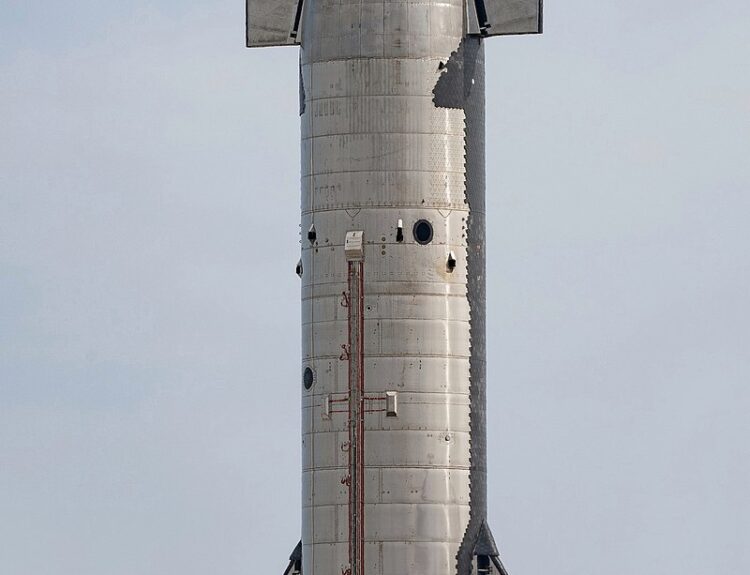New command in Tokyo marks a pivotal shift in U.S.-Japan defense strategy.
- The U.S. is establishing a new military command in Japan to enhance security ties.
- This command will coordinate military operations and joint exercises with Japan.
- The initiative aims to counter China’s military expansion and strengthen U.S. allies in Asia.
- The command will be led by a three-star general and is a significant shift in U.S. military strategy.
- Japan is also enhancing its military capabilities, including expanding production of defense systems.
In a significant move to bolster security ties in Asia, the U.S. is set to establish a new military command in Japan. This initiative, announced by top officials including Defense Secretary Lloyd Austin and Secretary of State Antony Blinken, aims to enhance coordination between U.S. and Japanese forces in response to China’s military buildup. The new command will be led by a three-star general and will oversee military operations, joint exercises, and defense strategies in the event of hostilities. This marks the first time U.S. warfighting capabilities will be directly managed from a headquarters on Japanese soil, eliminating the need for U.S. forces to await instructions from the Indo-Pacific Command based in Hawaii.nnThe establishment of this command aligns with Japan’s efforts to strengthen its own military capabilities, including plans for a new joint military command set to launch next year. The U.S. is also working to enhance military relations with Japan by supporting the expansion of its defense industrial base, which includes increasing production of Patriot antimissile systems and acquiring Tomahawk cruise missiles.nnWhile the U.S. has been focused on conflicts in Gaza and Ukraine, the Pentagon identifies China as the primary long-term threat in the Pacific. The growing military cooperation between China and Russia, as well as North Korea’s expanding arsenal, further complicates the security landscape. The recent meetings in Tokyo are part of a broader strategy to strengthen military capabilities among U.S. allies in Asia, with plans to announce $500 million in U.S. financing for the Philippines and support for Australia’s nuclear submarine acquisition.nnThe new U.S. Joint Force Command is still in development, with details on its geographic responsibilities and staffing yet to be finalized. Discussions are ongoing about how this command will interact with Japan’s military structure, which is expected to be located within its defense ministry. The U.S. aims to deepen cooperation with Japan, including potential joint operations and exercises, while also addressing the need for enhanced industrial capabilities among allied nations in light of the ongoing conflict in Ukraine. This initiative represents a critical juncture in U.S.-Japan relations, emphasizing the importance of a united front against external threats.·
Factuality Level: 8
Factuality Justification: The article provides a detailed account of the establishment of a new U.S. military command in Japan, supported by quotes from officials and relevant context about regional security dynamics. While it is mostly factual, some sections could be seen as slightly biased or opinionated, particularly in the framing of threats and the emphasis on military cooperation. However, it does not contain significant misinformation or sensationalism.·
Noise Level: 7
Noise Justification: The article provides a detailed account of the new military command being established in Japan, highlighting the strategic implications and the context of U.S.-Japan relations. It includes relevant information about military cooperation, potential threats, and the evolving defense landscape in the region. However, while it presents factual information, it lacks deeper analysis of the long-term consequences and does not critically engage with the narratives surrounding military buildup and alliances.·
Key People: Lloyd Austin (Defense Secretary), Antony Blinken (Secretary of State), Yoko Kamikawa (Japanese Foreign Minister), Minoru Kihara (Japanese Defense Minister), Christopher Johnstone (Former senior U.S. official on Asia policy), Fumio Kishida (Japanese Prime Minister), Zack Cooper (Former Defense Department official)
Financial Relevance: Yes
Financial Markets Impacted: The establishment of a new U.S. military command in Japan may impact defense contractors and related industries, particularly those involved in military equipment production and sales.
Financial Rating Justification: The article discusses military cooperation and defense strategies, which are closely tied to financial markets, especially in defense contracting and international arms sales. The mention of U.S. financing and military equipment purchases indicates potential financial implications for companies involved in these sectors.·
Presence Of Extreme Event: No
Nature Of Extreme Event: No
Impact Rating Of The Extreme Event: No
Extreme Rating Justification: The article discusses military cooperation and strategic initiatives between the U.S. and Japan but does not mention any extreme events such as natural disasters, crises, or conflicts.·
 www.wsj.com
www.wsj.com 





